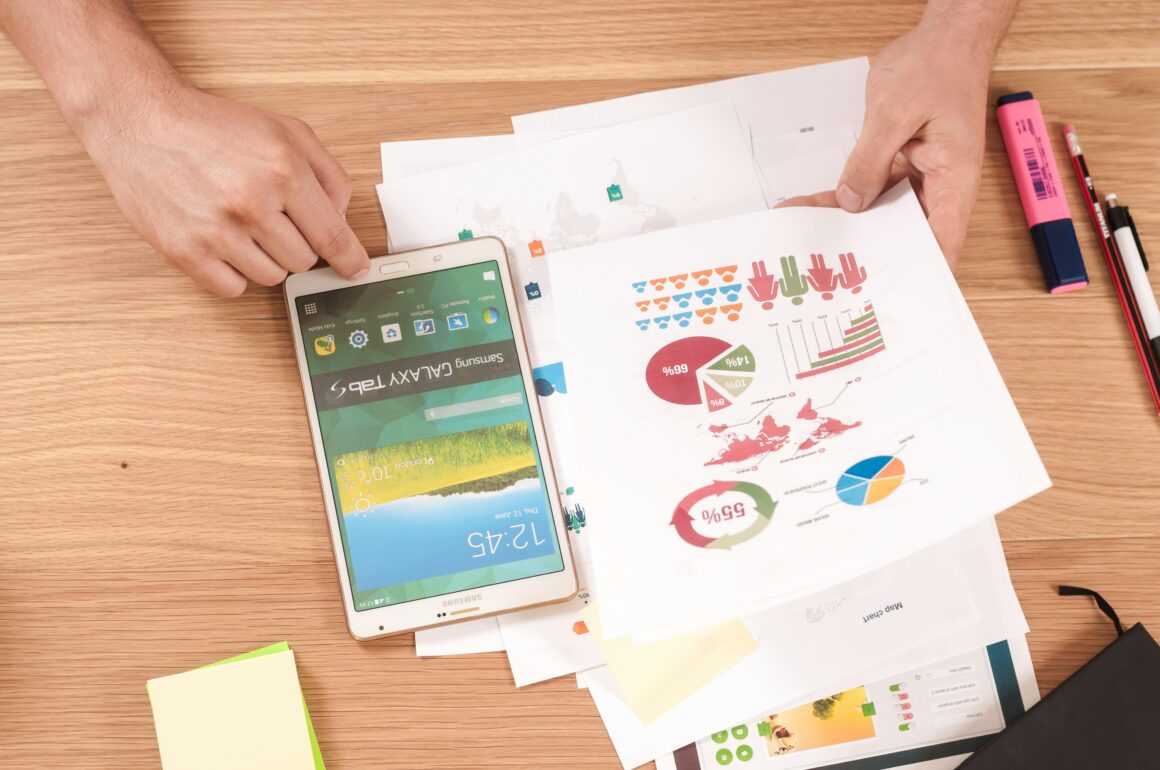
Physical disabilities are something an estimated 15% of the world’s population deals with. Generally, it’s easier for people to shut them out, or “erase” them. From a 2010 report, about 5.2% of the worlds schools have physically disabled students, although that’s a big percentage to think about, it doesn’t outweigh the other 99.2% of able-bodied students. I started the project and wrote this article in hopes of the physically disabled community getting better representation and to bring awareness they so greatly deserve.
I interviewed four people and asked a series of six questions covering things such as, what’s the hardest thing to overcome–if anything–that involves their disability, what could be added to make it easier to traverse with their physical disability, how they prefer to be treated socially/familially/romantically, if they enjoy being in social events, how the costs are involving their disability, and most importantly, what can be done to bring better representation and awareness to the physically disabled community. All individuals participated famously, although I made sure to let them know they did not have to answer any question they didn’t feel comfortable talking about. Now let’s get down to the collective interview.
I compared and contrasted all of the answers from each questions so I could personally get a look at how they differ or how they attract.
Question one asked: “Being physically disabled, what’s the hardest thing to overcome, if anything?”
The main answer here was the rejection from others solely because of their disability. The individuals found it hard to accept themselves. It also affects their social/familial/romantic relationships.
Questions two asked: “What could be added to your home, place of business, or school to better assist you in your disability?”
Diverse answers were given here–but most with the same goal; most accessibility to make everyday activities easier for them. They mentioned elevators, chairlifts, ramps, and places designed to meet the needs of people with physical disabilities. One individual said no materials; just compassion from friends, teachers, and family.
Question three asked: “Do you prefer to be treated normally or as your disability?”
All answers were the same here. They want to be treated normally, but with consideration. The individuals want their disability treated with care and not to be erased. They want to live a normal social life and maintain healthy friendships. Don’t erase their physical disability but don’t treat them as their disability.
Question four asked: “Do you still like being involved in social events or do you prefer to stay recluse?”
The individuals love being involved socially, they want interaction, but sometimes they can’t attend social events or simply want to be left alone, we have to respect these decisions. We shouldn’t deny someone because of their disability; we should invite them and offer to be a lending hand when they need one.
Question five asked: “How are costs? Are they expensive, cheap, or is it all moderate?”
Expensive. It’s not cheap whatsoever. Some feel like a financial burden to their parents or guardians. Costs should be massively reduced to suit the needs of physically disabled people who can’t afford the extreme prices.
Question six asked: “How can people with physical disabilities get better representation/awareness?”
Media. Movies. TV. People with physically disabilities should get representation EVERYWHERE. One of the individuals that participated runs a YouTube channeling covering stuff from vlogs about varying things to videos covering various things about her disability. Physically disabled people need representation in movies and TV, with physically disabled roles being played by actors/actresses who are physically disabled. It helps them to connect instead of seeing an actor/actress who isn’t physically disabled playing a physically disabled role. They want physically disabled idols to look up to, someone to shed a much deserving light over a community that needs more representation.
People with physical disabilities want to be involved, but with consideration. They want reduced costs, and more accessible areas. They want a community and proper representation. None of these things are excessive or asking too much. It’s all very understandable and they deserve that and much more. The physically disabled community is a community overlooked and erased by many, simply for their ease and comfort. Physically disabled people have a lot of heart and friendship to give out, not only that but also a lot to give to the world. They deserve a chance, a voice, and a worry free life.
I would like to thank graciously the four people who participated in the order I interviewed them. A tremendous thanks to Ophelia (@bandaidknees on Twitter) who not only lent me her voice but helped a lot on this project, Anna (@annarchical on Twitter) who became a great friend to me, Jazmine Grady who is a very involved sophomore at my high-school, and last, but certainly not least, Faith, who was more excited to be interviewed than I’ve ever seen, she also attends the Special Olympics. This project would not be here if you guys didn’t help, seriously, you guys are the raddest (is that a word?) group of girls ever! Thank you so, so much for giving me this opportunity.




